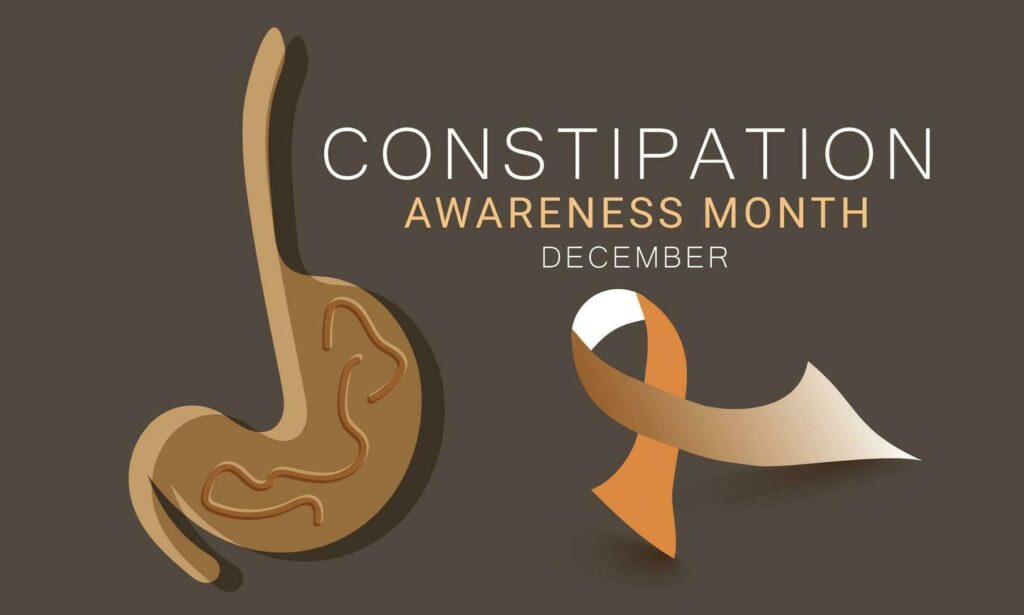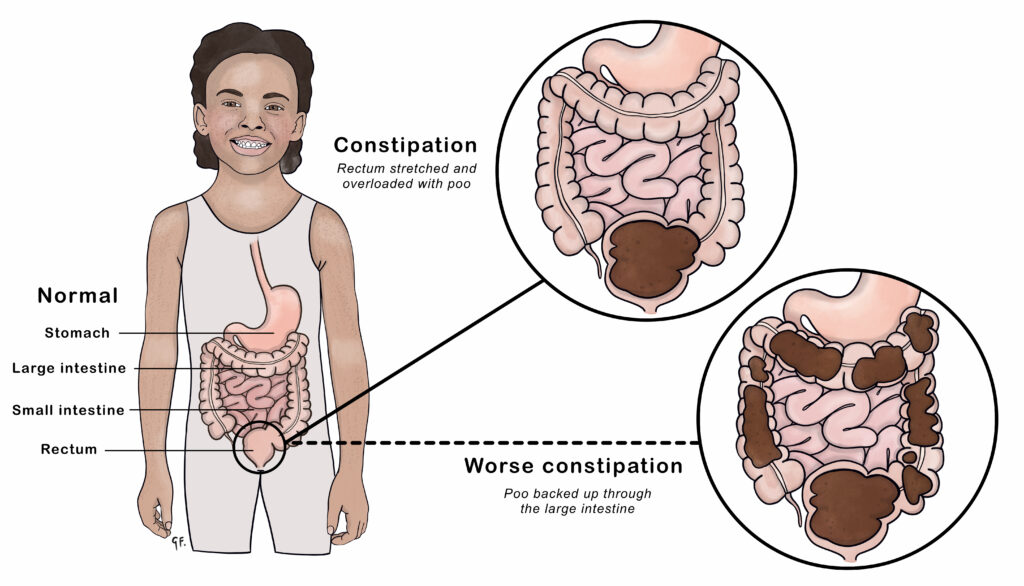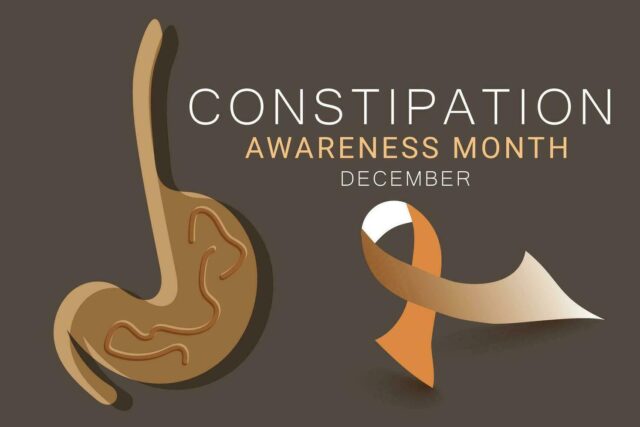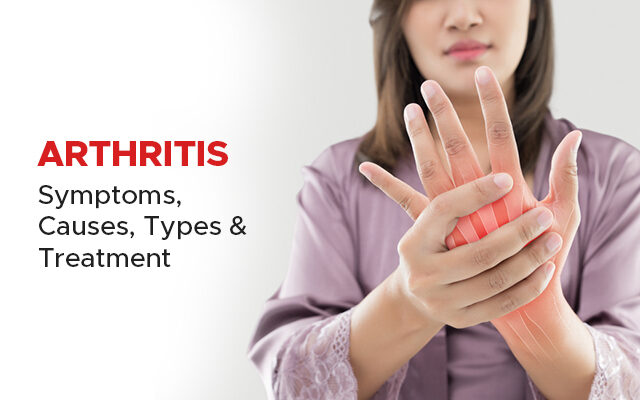Explore the often overlooked and misunderstood issue of constipation, a common health concern shrouded in silence. Learn how to break the taboo of constipation through education, open discussions, and practical management strategies to improve digestive health and well-being.
Table of Contents
Introduction
Constipation is a common digestive condition that affects people of all ages, yet it remains one of the least talked about health issues today. Despite its prevalence, discussions on constipation are often met with embarrassment and discomfort, leading many to suffer in silence. This article aims to shed light on the hidden struggle with constipation, exploring its causes, impacts, and ways to address the taboo surrounding it.
Understanding Constipation
Constipation is a prevalent digestive condition that impacts individuals of various ages, leading to significant discomfort and affecting quality of life. At its core, constipation refers to having fewer bowel movements than is normal for an individual, typically fewer than three times per week. The symptoms and experiences of constipation can vary widely among sufferers, but common indicators include:
- Difficulty passing stool: Individuals may find it hard to evacuate stool due to its hard consistency.
- Straining during bowel movements: There is often a need to exert excessive effort to pass stool, which can be both uncomfortable and harmful over time.
- Feeling of incomplete evacuation: After a bowel movement, individuals may feel as if they haven’t fully cleared their bowels.
- Hard or lumpy stools: The stools are often hard and difficult to pass, which can cause additional strain and discomfort.
- Needing help to clear the rectum: In some cases, individuals might need to manually press on their abdomen or use other methods to facilitate bowel movements.
The causes of constipation are varied and can include a range of dietary, lifestyle, and medical factors:
- Dietary habits: A diet low in fiber is a leading cause of constipation. Fiber helps to bulk up stools and promotes movement through the digestive tract. Insufficient fluid intake can also contribute to constipation, as water is necessary to help stools pass smoothly.
- Physical inactivity: Regular physical activity helps stimulate intestinal activity, and a sedentary lifestyle can lead to constipation.
- Medications: Certain medications, including some painkillers, antidepressants, and iron supplements, can cause constipation as a side effect.
- Age: Constipation is more common in older adults, partly due to reduced physical activity, dietary changes, and the natural slowing of the digestive system with age.
- Medical conditions: Various medical conditions, such as diabetes, thyroid disorders, and neurological conditions like Parkinson’s disease, can contribute to constipation.

The Stigma Surrounding Constipation
Cultural and Social Influences
Cultural and social norms play a critical role in shaping attitudes toward bodily functions and health. In many societies, discussions about bowel movements and digestive health are considered taboo or inappropriate for conversation. This cultural reluctance to discuss constipation openly leads to a lack of awareness and misinformation, further entrenching the stigma associated with the condition.
Psychological Impact
The stigma associated with constipation can have a profound psychological impact on individuals. The embarrassment of discussing bowel habits, even with healthcare professionals, can lead to anxiety and stress. Moreover, the chronic nature of constipation for some individuals can result in feelings of frustration, low self-esteem, and in severe cases, depression. The psychological distress associated with constipation can, in turn, exacerbate the physical symptoms of the condition, creating a vicious cycle of suffering and silence.
Impact on Seeking Treatment
One of the most significant consequences of the stigma surrounding constipation is the delay or avoidance of seeking medical advice and treatment. Many individuals may try to manage their symptoms alone for fear of embarrassment, often relying on home remedies or over-the-counter treatments without fully understanding the underlying cause of their condition. This reluctance to seek professional help can lead to the worsening of symptoms and the development of complications.
Overcoming the Stigma
Breaking the stigma surrounding constipation requires a multifaceted approach:
- Education and Awareness: Increasing public awareness about constipation, its causes, and treatments can help normalize discussions about digestive health. Educational campaigns can emphasize that constipation is a common condition and nothing to be ashamed of.
- Open Conversations: Encouraging open discussions about constipation within families, among friends, and with healthcare providers can help dispel myths and reduce embarrassment. Healthcare providers, in particular, play a crucial role in creating a comfortable environment for patients to discuss their symptoms.
- Support Networks: Creating and promoting support networks, whether online or in person, can provide individuals with a platform to share experiences, advice, and support. Knowing that others are experiencing similar challenges can reduce feelings of isolation and embarrassment.
- Role of Media and Influencers: The media and influencers can play a significant role in de-stigmatizing constipation by talking openly about the condition. Sharing stories and experiences can help to humanize the condition, making it more acceptable to discuss publicly.

The Health Risks
The health risks associated with constipation extend beyond the immediate discomfort and inconvenience it causes. If left unaddressed, constipation can lead to several more serious health complications, highlighting the importance of managing this common digestive issue effectively. Understanding these potential health risks can motivate individuals to seek appropriate treatment and adopt preventative lifestyle changes. Here are some of the significant health risks associated with chronic constipation:
- Hemorrhoids: Prolonged straining during bowel movements can lead to the development of hemorrhoids, which are swollen blood vessels in the rectal area. Hemorrhoids can cause itching, discomfort, and bleeding.
- Anal Fissures: These are small tears in the skin around the anus, which can occur when hard or large stools stretch the anal opening. Anal fissures can be very painful, especially during and after bowel movements.
- Fecal Impaction: When constipation is not treated, it can lead to fecal impaction, where hardened stool cannot be expelled from the body. This condition may require medical intervention to remove the impacted stool and can be particularly dangerous for the elderly and individuals with weakened immune systems.
- Rectal Prolapse: Chronic straining can cause part of the rectum to stretch and protrude from the anus, known as rectal prolapse. This condition can be uncomfortable and may require surgical repair in severe cases.
- Increased Risks of Colorectal Cancer: Although the relationship between constipation and colorectal cancer is still under research, chronic constipation and the associated increased strain and inflammation in the colon may contribute to an elevated risk of developing colorectal cancer over time.
- Psychological Impact: The discomfort and chronic nature of constipation can also lead to anxiety, stress, and a reduced quality of life. The psychological impact of constipation should not be underestimated, as it can affect an individual’s overall well-being and mental health.
Preventing these health risks involves addressing constipation early and effectively through dietary changes, increased fluid intake, regular exercise, and, when necessary, the use of over-the-counter or prescription laxatives under the guidance of a healthcare provider. In more severe cases, specific treatments such as biofeedback therapy or surgery may be recommended.

Addressing the Issue
Dietary Changes
- Increase Fiber Intake: Fiber adds bulk to stool and helps it pass more easily through the digestive tract. Incorporate high-fiber foods into your diet, such as fruits, vegetables, whole grains, legumes, nuts, and seeds. Aim for at least 25 to 30 grams of fiber per day.
- Stay Hydrated: Drinking sufficient water and fluids is crucial for softening stool and promoting regular bowel movements. Aim for at least 8 glasses of water a day, and consider adding other hydrating fluids like herbal teas.
- Limit Low-Fiber Foods: Reduce the intake of foods low in fiber, such as processed foods, dairy, and meat, which can exacerbate constipation.
Lifestyle Modifications
- Regular Exercise: Physical activity stimulates bowel movements and reduces the time it takes for food to move through the large intestine, limiting the amount of water absorbed from stool. Aim for at least 30 minutes of moderate exercise most days of the week.
- Establish a Routine: Try to go to the bathroom at the same time each day, ideally after a meal, to take advantage of the natural increase in bowel activity following eating.
- Don’t Ignore the Urge: Ignoring the urge to have a bowel movement can lead to constipation. Respond to your body’s signals promptly.
Medical Treatments
- Over-the-Counter (OTC) Remedies: For those who do not find relief with diet and lifestyle changes alone, OTC options like fiber supplements, stool softeners, and laxatives can be effective. However, they should be used as directed and not relied upon for long-term management without consulting a healthcare provider.
- Prescription Medications: For chronic constipation, doctors may prescribe medications that stimulate bowel movements or soften stool. These are typically recommended when other treatments have not been successful.
- Biofeedback Therapy: For individuals with constipation caused by pelvic floor dysfunction, biofeedback therapy can be an effective treatment. This therapy helps patients learn to control their bowel movements by teaching them how to relax and coordinate their abdominal and pelvic floor muscles.

Consulting Healthcare Professionals
It’s important for individuals experiencing persistent or severe constipation to consult with a healthcare provider. They can help diagnose underlying conditions, recommend appropriate treatments, and provide guidance on managing constipation effectively. In some cases, further testing may be necessary to identify the cause of constipation, such as blood tests, colonoscopy, or anorectal manometry.
Breaking the Silence
Educate and Raise Awareness
- Public Health Campaigns: Initiatives that educate the public about the signs, symptoms, and treatments for constipation can help dispel myths and reduce stigma. These campaigns can also highlight the importance of dietary and lifestyle changes in preventing constipation.
- Informational Resources: Providing accessible, accurate information through healthcare providers, online platforms, and community centers can empower individuals to better understand and manage their condition.
Encourage Open Discussions
- Healthcare Settings: Healthcare professionals can play a key role in breaking the silence by initiating conversations about bowel health during appointments. Creating a non-judgmental environment can encourage patients to share their concerns and symptoms openly.
- Support Groups: Encouraging the formation of or participation in support groups, either in person or online, can provide a safe space for individuals to discuss their experiences, share advice, and offer support to one another.
- Family and Community: Normalizing discussions about bowel health within families and communities can further reduce stigma. Education should start early, with parents teaching their children that bowel health is a normal part of overall well-being.
Leverage Social Media and Influencers
- Awareness Campaigns: Social media platforms can be powerful tools for spreading awareness and normalizing conversations about constipation. Influencers and health advocates can share educational content, personal stories, and professional advice to reach a wide audience.
- Interactive Platforms: Utilizing interactive online platforms for webinars, Q&A sessions with healthcare professionals, and live discussions can engage the community and provide valuable information in an accessible format.
Role of Healthcare Professionals
- Training and Education: Healthcare providers should receive training to approach the topic of constipation sensitively and effectively, ensuring they can discuss it openly with patients and provide the necessary support.
- Proactive Screening: Incorporating questions about bowel habits and constipation into routine medical screenings can help identify individuals who may need further evaluation or treatment, making it easier to address the issue early on.
By breaking the silence surrounding constipation, society can move towards a more informed and supportive approach to managing this condition. Encouraging open discussions, raising awareness, and providing education are key steps in destigmatizing constipation and promoting a healthier, more open dialogue about digestive health.

Conclusion
Constipation is a common yet misunderstood health issue, shrouded in unnecessary stigma. By breaking the silence and encouraging open discussions, we can help those affected feel less isolated and more empowered to seek treatment. It’s time to address the taboo of constipation and promote a healthier, more informed society.
FAQs
- What is the most common cause of constipation? The most common causes include a diet low in fiber, insufficient fluid intake, and a lack of physical activity.
- Can constipation affect mental health? Yes, the discomfort and stigma associated with constipation can lead to anxiety, stress, and depression.
- How can I prevent constipation? Eating a high-fiber diet, drinking plenty of water, and staying active can help prevent constipation.
- When should I see a doctor for constipation? If you experience persistent constipation that does not improve with home remedies, or if you have symptoms like blood in your stool, you should consult a healthcare professional.
- Can children get constipation? Yes, constipation is common in children, often due to dietary factors and toilet training issues. It’s important to address these concerns early to prevent chronic problems.



MOST COMMENTED
Animal-Based Proteins / Casein Protein / Dietary Protein / High-Protein Diets / Pea Protein / Plant-Based Proteins / Protein / Protein Deficiency / Protein Supplements / Proteins / Whey Protein / Whey Proteins
Is Protein Powder Safe for Teenagers and Children?
Animal-Based Proteins / Casein Protein / Dietary Protein / High-Protein Diets / Pea Protein / Plant-Based Proteins / Protein / Protein Deficiency / Protein Supplements / Proteins / Whey Protein / Whey Proteins
Unlock the Power of Proteins for Optimal Gut Health
Animal-Based Proteins / Casein Protein / Dietary Protein / High-Protein Diets / Pea Protein / Plant-Based Proteins / Protein / Protein Deficiency / Protein Supplements / Proteins / Whey Protein / Whey Proteins
Pea Proteins: The Best Plant-Based Protein Alternative?
Multivitamin
Total Health: Multivitamin for Active Lifestyles
Multivitamin
WellnessFusion: Complete Multivitamin Support
Dietary Supplement
Revitalize Your Health: The Magic of Red Yeast Rice Capsules
Foot care / Foot Health
Revitalize Your Foot Care Routine: Essential Tips for Optimal Foot Health
Foot Problem / Diabetics / Foot Health
Diabetics: Mastering Footwear Selection for Enhanced Foot Health and Ultimate Comfort
Exercises and Footwear Tips for Hammertoe Relief / Foot care / Foot Health / Foot Pain / Foot Problem / Hammertoes
Unlock Effective Exercises and Footwear Tips for Hammertoe Relief
Hammertoes / Foot Health / Foot Pain / Foot Problem
Unlock Relief: Essential Guide to Hammertoes Causes, Symptoms, and Treatments